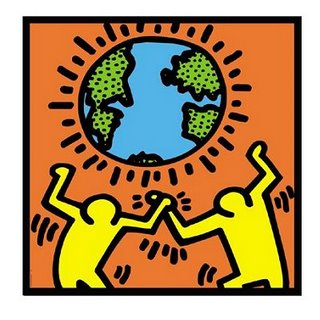 Ubuntu is everywhere, suddenly. It’s a phenomenon. Bill Clinton promotes it at the Labor Party conference. Nobel laureate Archbishop Desmond Tutu made it the heart and soul of South Africa’s Truth and Reconciliation Commission.
Ubuntu is everywhere, suddenly. It’s a phenomenon. Bill Clinton promotes it at the Labor Party conference. Nobel laureate Archbishop Desmond Tutu made it the heart and soul of South Africa’s Truth and Reconciliation Commission. It is also the name of popular software championed by Mark Shuttleworth, the first African in space.
What is it? A Bantu word that roughly translates into "I am because you are.” It expresses the idea that a common bond links us all, the reality that my humanity is bound to yours.
Ubuntu is what makes us human. It reminds us that we are all in it together.
Which brings me to open source software. Open source is important – not only to technologists, but to everyone. Not as a business (which it is). Not as a religion (as some espouse it). Not as a bogeyman (for tech companies defending monopolistic profits).
Open source represents a bold statement that technology need not further divide people into “haves” and “have nots.” It expresses the combined power of ubuntu (the small “u” version) and technology to connect people. It is not about lines of code; it is about the collaborative effort of people to build something together … and to share it.
Open source says that we are not simply customers and salesmen, invoices and IP.
iPods, cellphones, laptops, Blackberries, portable DVD players – they are wonderful and addictive … connective and isolating. Open source is a different technological proposition. It allows total strangers to collaboratively create. It is both visionary and pragmatic, transforming dreams into code, passions into products.
Ubuntu is the most human of ideas, and open source is that beautiful idea in action.






